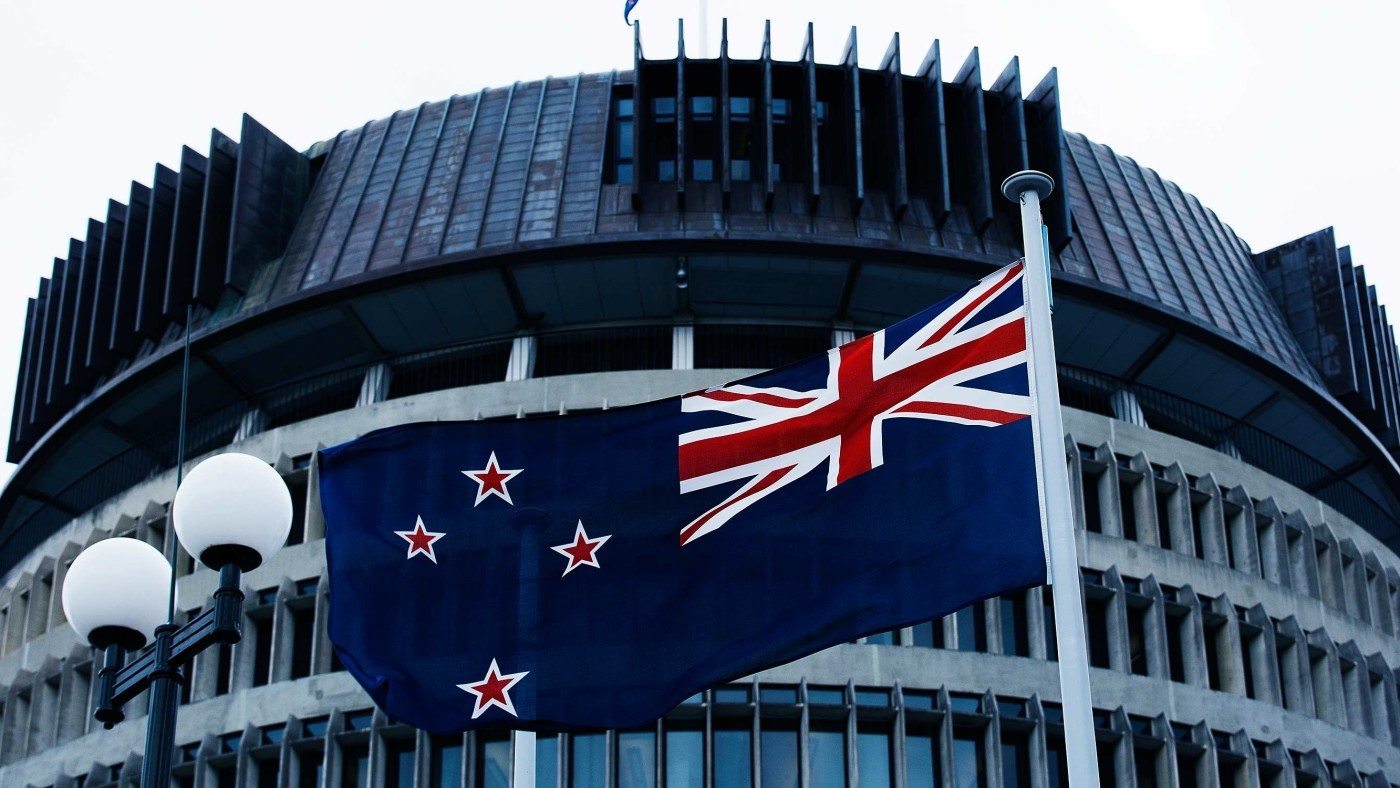Yet again New Zealand has shown what a truly splendid country it is. In the face of modern fashion, political correctness, Leftist sneers, its prime minister’s urging, and bien pensant accusations of an obsession with the past, the Kiwis have voted by an over 13% majority to retain their flag with its distinctive Union Jack in the top left corner and its four red and white stars on a blue background.
With their characteristic great sense of timing and decency, the people of New Zealand have given Her Majesty the Queen a better 90th birthday present next month than anyone could have possibly devised, showing that they still value their connection with the United Kingdom and our long shared past. It is also an eloquent expression of the continued unity of the English-speaking peoples. Far from being mired in the past, New Zealand has shown that its English language, British democratic traditions, global trading links and outward-looking nature are inherent parts of its birthright.
That said, the past is important, and the New Zealand flag has flown proudly over many battlefields all around the world, proving how willing Kiwis have always been to fight for decency, democracy and civilization against each of the four great proto-Fascist, Fascist, Red Fascist and Islamo-Fascist threats that have been launched against the English-speaking peoples since the dawn of the twentieth century.
Over one hundred thousand New Zealanders served King and Country during the Great War, from a nation with a total population of only 1.1 million in 1914. Around the panelled walls of New Zealand’s fine parliament chamber in Wellington are carved the place-names of Hebuterne, La Vacquerie, Messines, Egypt, Samoa, Gallipoli, Somme, La Basséville, Passchendaele, Bapaume, Le Quesnoy and Palestine, testament to the ubiquity of her forces in that terrible conflict. This week the people of New Zealand have refused to ditch and dishonor the flag that their forefathers fought under.
Similarly, on the day the Second World War broke out, New Zealand acted equally instinctively in support of Britain and Civilization. The Labour premier, Joseph Savage, broadcasting from his sick-bed, said: ‘I am satisfied that nowhere will the issue be more clearly understood than in New Zealand – where for almost a century, behind the sure shield of Britain we have enjoyed and cherished freedom and self-government. With gratitude for the past and with confidence in the future we range ourselves without fear beside Britain, Where she goes, we go; where she stands, we stand.’ New Zealanders were in the thick of the fighting, despite their country being under no imaginable strategic threat from Hitler. The ties that bound New Zealand to the place that many then unselfconsciously thought of as ‘the Mother Land’ were strong enough to banish any selfish view of Antipodian Realpolitik. Similarly throughout the Cold War and the present War Against Terror, New Zealanders have been utterly steadfast.
It’s a really wonderful country, and never more so than it its referendum vote yesterday. From a Briton who has only visited New Zealand once, and has no familial or commercial reason to say so, may I salute this wonderful expression of solidarity with my country and appreciation of our shared monarch, and thank New Zealanders for the generous and big-hearted message they have sent.


